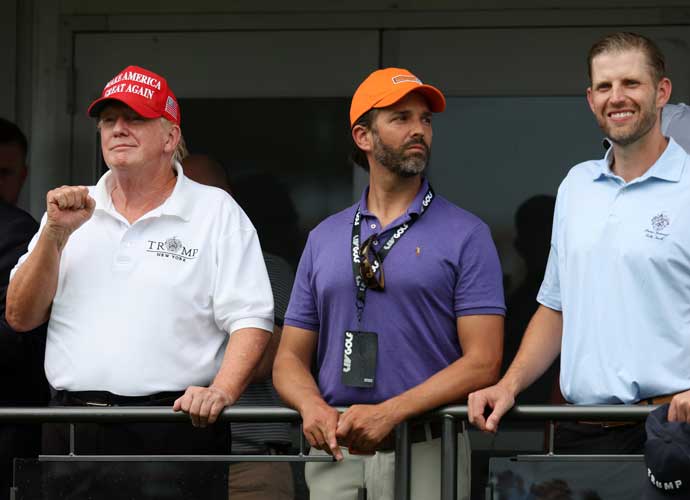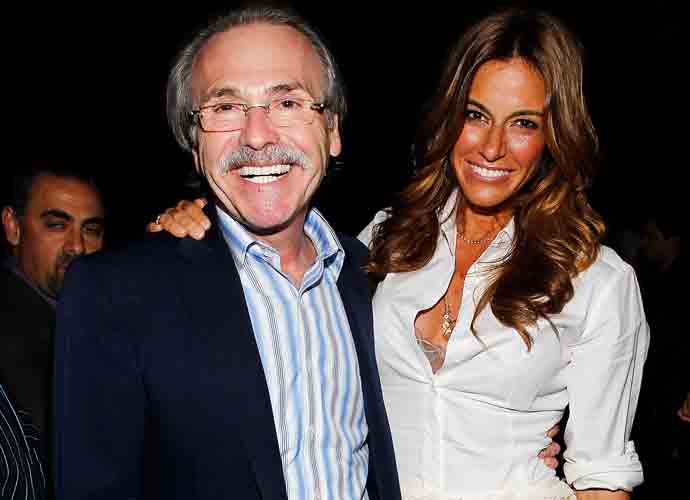Donald Trump Jr. Calls His Father ‘An Artist With Real Estate’ At $250 Million Business Fraud Trial
On Monday, Donald Trump Jr., the eldest son of former President Donald Trump and a key executive at the Trump Organization, took the stand for the second time in his family’s civil fraud trial in New York. Trump Jr. was called as the first witness for the defense.
The civil suit, brought about by New York Attorney General Letitia James, alleged that Trump Jr., his father, the Trump Organization and other executives orchestrated a fraudulent scheme over a decade that inflated the value of Trump properties and net worth.
The state is seeking damages of $250 million.
Trump Jr. had testified earlier in the trial on November 2 and 3 when he was called by the attorneys from James’ office to answer questions that regarded the central financial statements of the case. Trump Jr. insisted that he trusted the Trump Organization’s accountants to prepare the statements of the financial condition of the assets.
Similar to his previous appearance on the stand, Trump Jr. frequently made jokes in his testimony, where he commented on the court sketch artist’s work and made remarks about photos that featured himself and his brother, Eric Trump.
Throughout his testimony on Monday, Trump Jr. expressed his admiration for the family company and his father, with a heavy emphasis on his father’s “genius.”
He highlighted several properties that were in a state of disrepair when his father purchased them and emphasized his father’s recognition of their potential for improvement.
He described his father as “an artist with real estate,” able to turn “eyesores” into “jewels.”
The judge had previously rejected the defense’s argument that Trump’s inflated valuations were justified because the properties later appreciated in value.
In earlier stages of the trial and the pretrial hearings, the legal team that represents the Trumps argued that the seemingly exaggerated valuations were a product of Trump’s exceptional vision. They claimed that over time, the value of the properties had increased, which validated the initial valuations.
On Monday, Trump Jr. echoed a similar explanation during his testimony.
As the trial proceeded, James’ team objected to an exhibit presented by Trump Jr.’s attorney, Clifford Robert, which claimed Trump’s Doral Club in Florida had a value of $1.3 billion, a number determined by the real estate firm Newmark in 2022. The valuation determined the property’s worth to be significantly higher than what James believed it was worth between 2011 and 2021, the years under scrutiny in the trial.
Robert retorted, “We’re actually going to hear testimony tomorrow that [a Newmark employee] thinks it’s too low.”
RELATED ARTICLES
Get the most-revealing celebrity conversations with the uInterview podcast!









Leave a comment